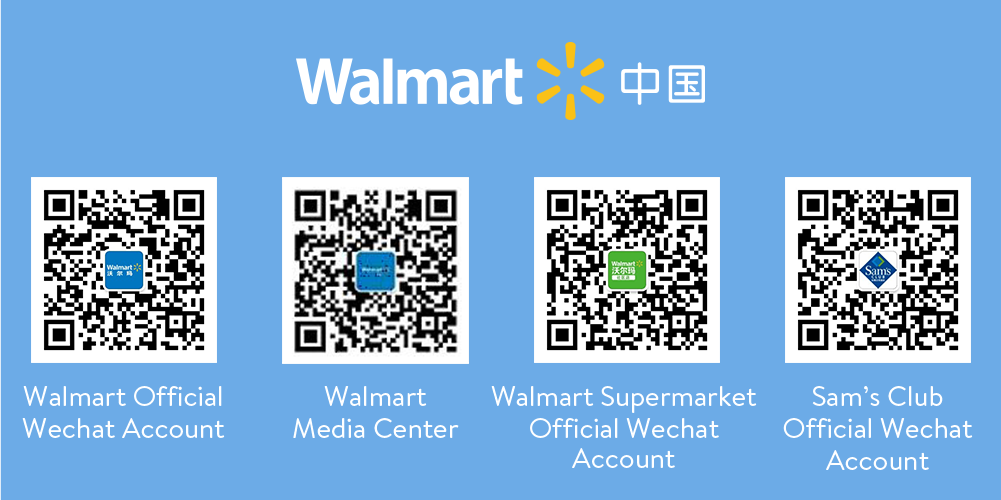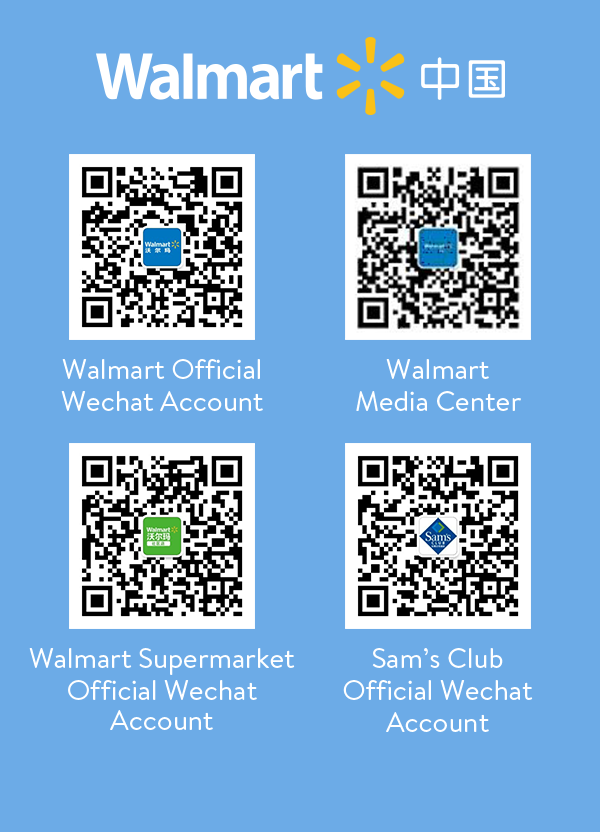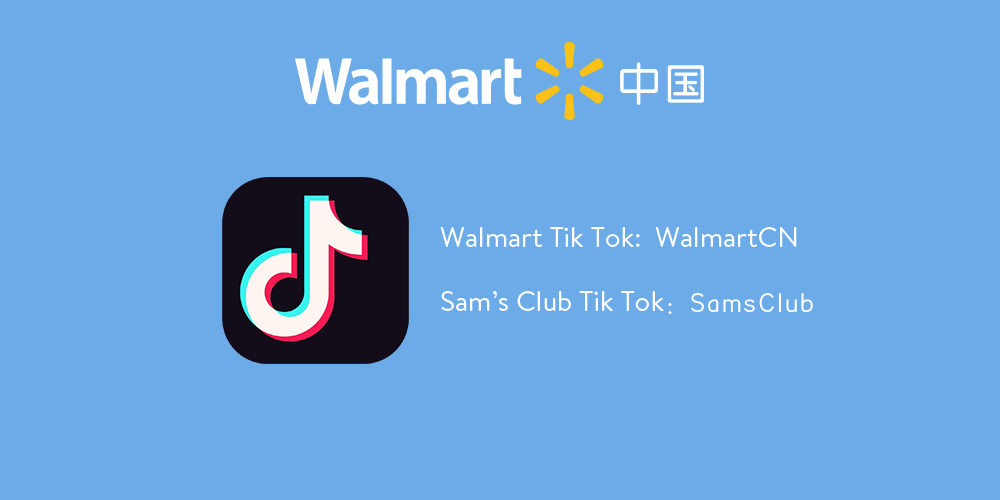
About Us
Newsroom
Responsibility
Supplier Service
CN
EN
Sam's Club’s private label Member’s Mark launched its first label-free PET bottled natural drinking water via an omnichannel rollout. This initiative is projected to cut annual plastic use by over 34 tonnes1, equivalent to reducing carbon dioxide emissions by approximately 200 tonnes2. This breakthrough represents another innovative stride in Sam's Club's journey towards sustainable packaging transformation. Sam’s Club has already upgraded multiple Member's Mark items with eco-friendly packaging, demonstrating its commitment to enabling sustainable living to members through concrete action.
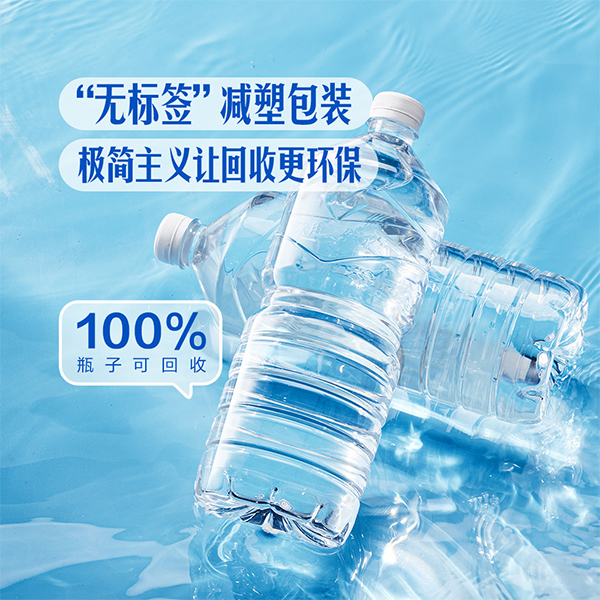
Minimalism Improves Recyclability
According to a report by the United Nations Environment Programme, humanity produces more than 430 million tonnes of plastic annually, two-thirds of which are short-lived products that soon become waste3. Approximately 42% of plastic waste is packaging waste4. Plastic packaging waste, if mismanaged, causes severe damage to the environment and biodiversity. Sam's Club's bold move to strip away labels not only reduces plastic use during manufacturing but also unlocks mono-material recycling. This streamlines recycling processes, lowers costs, and enables high-efficient, high-quality PET bottle recovery and reuse.
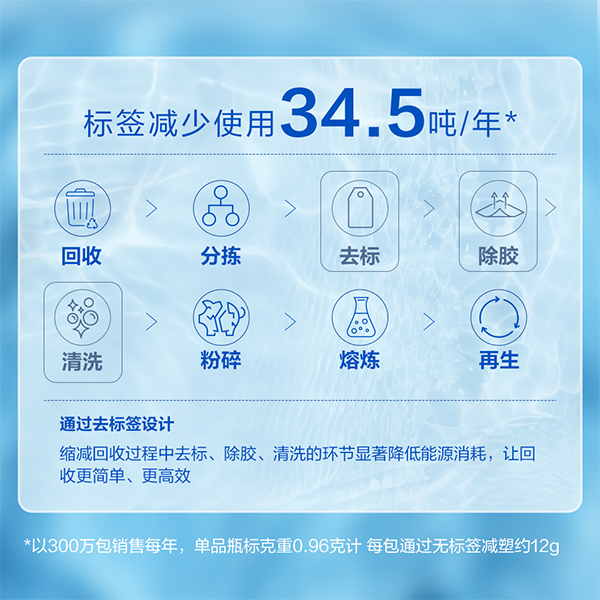
Member's Mark Natural Drinking Water originates from three premium, protected water sources across China: Qiandao Lake in Zhejiang province, Wanlv Lake in Guangdong province, and Danjiangkou Reservoir in Hubei province. Each bottle carries nature's pristine gift. The bottle is 100% recyclable and eliminates conventional plastic labels and ink printing, showcasing the pure beauty of crystal-clear water. This design also reduces plastic, ink, and energy consumption throughout the packaging and production processes. With cases as the minimum selling unit, complete food label information appears on the outer packaging of a case. This approach reduces plastic use, ensures food safety compliance, and preserves consumers' right to product information.
Sourced from nature, designed to protect it — this minimalist, eco-conscious packaging shows members how small changes drive meaningful progress towards sustainability in harmony with nature. Sam’s Club aims to inspire environment-conscious living through this design, empowering members to weave sustainability into their everyday choices.
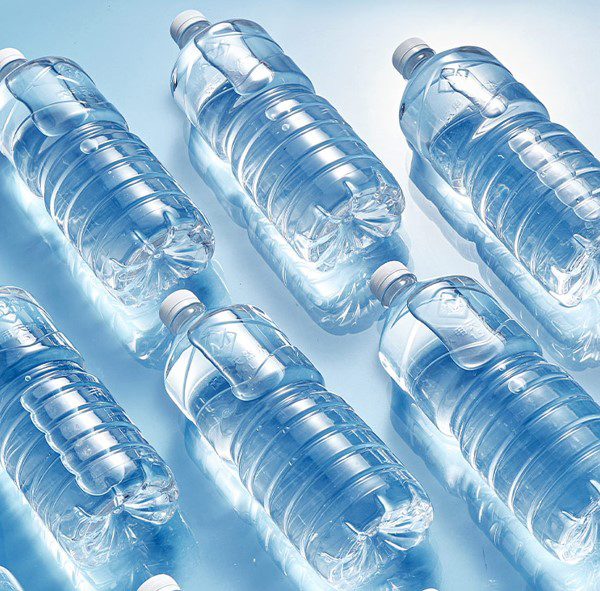
The label-free bottle utilizes recyclable PET material, keeping only essential
elements including the logo, product name, and production date.

Products are sold in 12-bottle cases with detailed information displayed on
the outer packaging film, minimizing plastic use to the greatest extent possible.
"Unlabeled Bottles" Embody "Regenerative" Corporate Philsophy
In response to intensifying climate challenges, Walmart announced in 2020 its goal to become a "regenerative" company, continually raising its ambitions across climate, nature, waste and people. Walmart has continued to integrate sustainability into its business operations, with sustainable packaging serving as a strategic priority to reduce its operational footprint.
In recent years, Walmart has implemented comprehensive packaging waste and plastic reduction initiatives across the entire value chain spanning from item manufacturing, transportation, and delivery. At Walmart, sustainable packaging starts with item packaging design. Walmart collaborates with suppliers to co-create more packaging solutions that use fewer materials — especially plastics — and improve recyclability.
Sam's Club has upgraded packaging across multiple Member's Mark items, exploring different sustainable approaches to build a greener product lineup. The methods are straightforward: remove plastic components where possible, replace them with better alternatives, and redesign processes to make packaging easier to reuse and recycle. Sam's Club now uses aqueous coating on paperboard packaging for multiple items, replacing BOPP film lamination to make the boxes much more recyclable.

Sharing Global Expertise to Advance Circular Economy
To accelerate the industry's transition to circular, low-carbon business models, Walmart leverages its omnichannel leadership to collaborate with value chain partners to scale sustainable practices. By the end of 2024, over 330 suppliers of Walmart China had signed up for Project Gigaton, with over 300 partners implementing energy and emissions reduction measures focused on packaging. Walmart achieved the goal of Project Gigaton to reduce or avoid one billion tonnes (a gigaton) of greenhouse gases from the global value chain six years early. The company is committed to working together with supplier partners to further reduce emissions.
Drawing on years of sustainability experience worldwide, Walmart has accumulated valuable industry know-how and best practices that it now shares with the broader market. The Recycling Playbook5 released by Walmart aims to help FMCG companies transform packaging across all product categories to improve recyclability. Based on leading global standards for recyclable packaging design and evaluation systems, the guide incorporates best practices from markets around the world. Walmart plans to enhance future editions with China-specific policies and case studies to better support packaging transformation efforts in the Chinese retail market.
¹ Estimate based on bottle label plastic use and projected annual sales volume.
² Calculation reference: Assessment based on Plastic IQ. Plastic IQ is a free, open-source tool jointly developed by The Recycling Partnership (a U.S. organization committed to recycling) and SYSTEMIQ with Walmart support, designed to help companies formulate smarter plastic packaging strategies to improve recyclability and reduce plastic waste.
³ Beat Plastic Pollution Practical Guide, UN Environment Programme, June 2023.
https://wedocs.unep.org/bitstream/handle/20.500.11822/42437/Plastic_Pollution_WED23EN.pdf?sequence=21&isAllowed=y
⁴ Global Plastics Outlook: Policy Scenarios to 2060, Organisation for Economic Co-operation and Development (OECD), 2022.
https://www.oecd.org/en/publications/global-plastics-outlook_aa1edf33-en/full-report.html
⁵ The Recycling Playbook.
https://www.walmartsustainabilityhub.com/content/dam/walmart-sustainability-hub/documents/project-gigaton/packaging/walmart-recycling-playbook.pdf

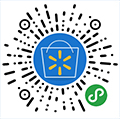 Walmart Hypermarket Mini Program
Walmart Hypermarket Mini Program Sam’s Club APP
Sam’s Club APP
